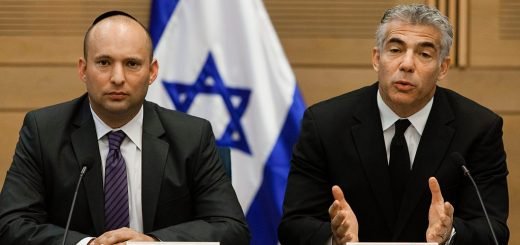UN Refugee Agency raised converns over Humanitarian Access in Tripoli

Image Representation
The UN refugee agency UNHCR on Tuesday characterized the current security situation in the Libyan capital of Tripoli as unpredictable, noting that it prevented humanitarian assistance from reaching Libyans and refugees who are affected by rising in hostilities in the city.
“The current security situation in the Libyan capital is volatile, unpredictable and is restricting access by humanitarian agencies both to displaced Libyans and refugees affected by the clashes,” the UNHCR said in a statement, summarizing what was said by its spokesman, Charlie Yaxley, at a press briefing earlier in the day.
The agency continued by expressing concern over the killings, destruction of civilian infrastructure and displacement of Libyans due to the recent shelling of civilian neighbourhoods in Tripoli. The statement noted that two people were killed and several others were injured at the Fallah 2 Tawergha camp for internally displaced persons on Sunday as local armed groups exchanged fire.
The UNHCR said it had assisted 27 Libyan families, with several children suffering from severe illnesses among them, who had sought refuge in a school after clashes in the south of Tripoli erupted.
“In light of the ongoing clashes in Libya’s capital, UNHCR, the UN Refugee Agency is today appealing to parties to the fighting to spare civilians and civilian infrastructure and allow safe passage for those seeking refuge in safer areas,” the statement pointed out.
The statement added that the UNHCR, in coordination with other agencies, provided humanitarian assistance to people living in state-run migrant detention centres as well as people who had been rescued at sea by the country’s coast guard while attempting to cross the Mediterranean to Europe.
Since late August, Tripoli has been hit by multiple clashes between rival militant groups. On Sunday, the Libyan Government of National Accord (GNA) declared a state of emergency in the capital city and its surroundings.
Libya has been torn apart by conflict since long-time leader Muammar Gaddafi was overthrown in 2011. The eastern part of the country is governed by the parliament, backed by the Libyan National Army (LNA) and located in Tobruk. The UN-backed GNA, headed by Prime Minister Fayez Sarraj, operates in the country’s west and is headquartered in Tripoli.
The Kootneeti Middle East Monitor



















